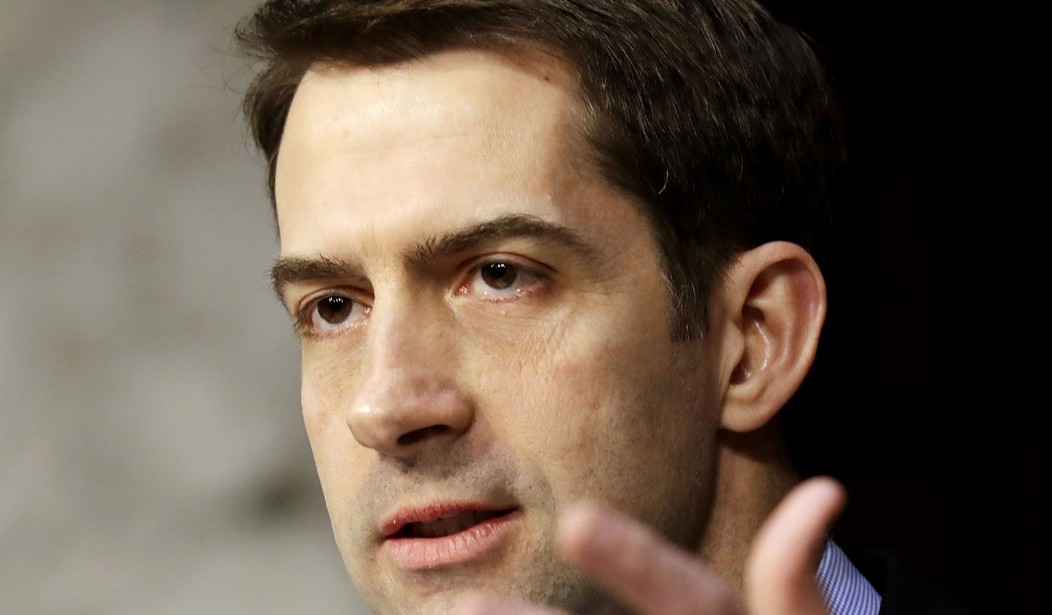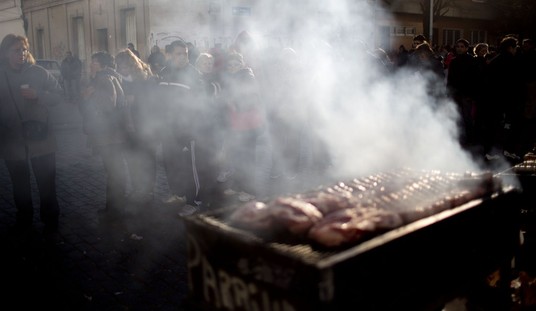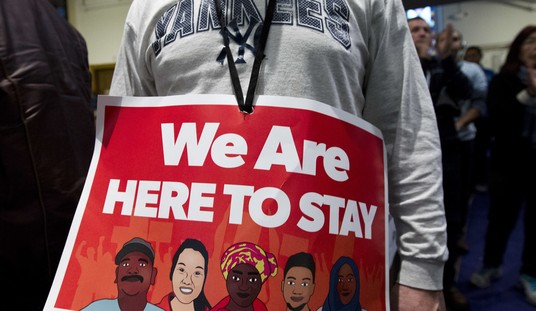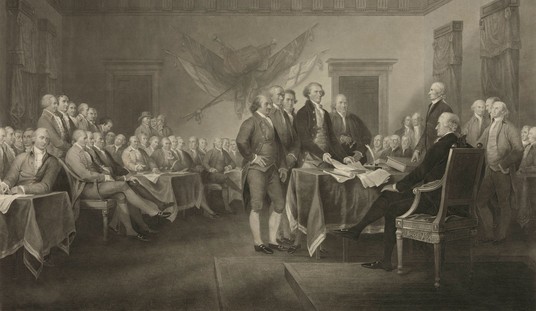On January 14, a career criminal named Montez Lee appeared in Federal District Court in St. Paul, MN, for sentencing on his involvement in the arson of a Minneapolis pawnshop that resulted in the death of a man during the mostly peaceful and totally non-violent George Floyd mourning riots in May 2020. All things considered, Lee was eligible under federal sentencing guidelines for 20 years in prison. Here I am quoting from the pre-sentencing report.
Mr. Lee’s criminal history category is therefore IV. (PSR ¶ 40.) The resulting Guideline range would be 235–293 month’s imprisonment. (PSR ¶ 78.) Because this exceeds the statutory maximum term of 240 months, the Guideline range is 235–240 months’ imprisonment. (Id., citing U.S.S.G. § 5G1.1(c)(1).)
Something funny happened along the way. At some point, Lee’s high-minded opposition to police brutality became more of a concern to prosecutors than the life of the man he killed or even the property and livelihood he destroyed.
Assistant U.S. Attorney Thomas Calhoun-Lopez said in court Friday that the evidence was clear Lee did not intend to hurt anybody and that “his reasons in this case for setting that fire matter.”
Both in his written arguments and in court, Calhoun-Lopez cited Rev. Dr. Martin Luther King Jr.’s words saying “we’ve got to see that a riot is the language of the unheard.” Calhoun-Lopez said he believed that Lee was engaging in King’s words.
A restitution request of $842 was made by Stewart’s family to cover the cost of his cremation, according to Calhoun-Lopez. No request for restitution was made by the pawn shop.
This is how the AUSA makes the argument.
The raised fist Mr. Lee showed, and his brazenness in committing the crime (see Fig. 2, supra) is telling. Mr. Lee was terribly misguided, and his actions had tragic, unthinkable consequences. But he appears to have believed that he was, in Dr. King’s eloquent words, engaging in “the language of the unheard.”
…
…Mr. Lee had a plan to turn his life around, which appears to have been upended by the COVID-19 pandemic. (PSR ¶ 48.) Though he would no doubt benefit from prison programming, a lengthy sentence does not appear necessary to provide training, care, or treatment.
…
In the Martinez case, Seventh Circuit Chief Judge Richard Posner discussed the difficulty in sentencing someone whose reckless actions had taken a human life. 16 F.3d at 205–06. He discussed “the difference in culpability between endangerment and death,” and described what philosophers call “moral luck”:
It is true that in a system of morality in which only intentions and behaviors, but not consequences, count, there is no moral distinction between dangerous conduct that causes harm and otherwise identical dangerous conduct that does not. The only difference is luck, not usually considered a moral attribute. But “moral luck,” as philosophers refer to distinctions in culpability that are based on consequences rather than intentions, is, rightly or wrongly, a pervasive characteristic of moral thought in our society, at least the moral thought that informs the criminal law. Two people drive at the same unlawful speed under identical road conditions. One hits a child; one hits no one. The first is guilty of involuntary manslaughter; the second of a violation of the highway code. The only difference between their conduct is the consequence. The difference, though fortuitous, counts for the severity of the punishment deemed appropriate for the defendants’ behavior. Id.
Judge Posner’s analysis applies no less in this case. “Moral luck” casts a long shadow over this case. Had circumstances been just a little different, Mr. Stewart would be alive today, and Mr. Lee would face significantly less criminal liability (a Guideline range of 60 months, approximately 15 years less than the PSR’s calculation)—the cruel caprices of fate.
You can read the whole sentencing memorandum below.
Montez Lee Sentencing Opinion by streiff on Scribd
The case caught the attention of Senator Tom Cotton, who is asking for answers.
Tom Cotton Letter to Merrick Garland on MPLS Sentencing by streiff on Scribd
These are not merely rhetorical questions. Well over a hundred political prisoners are being held by the Biden Justice Department for their role in the January 6 disturbance at the US Capitol, or, to describe it the way the RNC did on Friday, “persecution of ordinary citizens engaged in legitimate political discourse.” The conditions at the DC jail are squalid and brutal, their ability to consult with attorneys very limited, their accessibility to medical care nearly non-existent. The only reason that retirees are being held in confinement for what are essentially jaywalking tickets is that they committed an act of disrespect toward the liberal-progressive power structure that pointed out its illegitimacy. Keep in mind that Jake Angeli, the so-called “MAGA shaman,” will serve about half as much time in prison for sitting in Nancy Pelosi’s chair as Montez Lee will serve for burning a building and killing a father of three.
The difference is that the Biden Justice Department sees Montez Lee and his friends as allies and is fully in agreement with their goals. The January 6 people, on the other hand, represent the traditional order and are a threat to the norms Biden/Garland are trying to impose upon the rest of the nation.
We can’t exist with a legal system the left is trying to inflict upon us, one that was overthrown by the English barons at Runnymede when they forced King John to sign the Magna Carta. That would be a system where your political affiliation determines your punishment, not the law and not precedent.














Join the conversation as a VIP Member